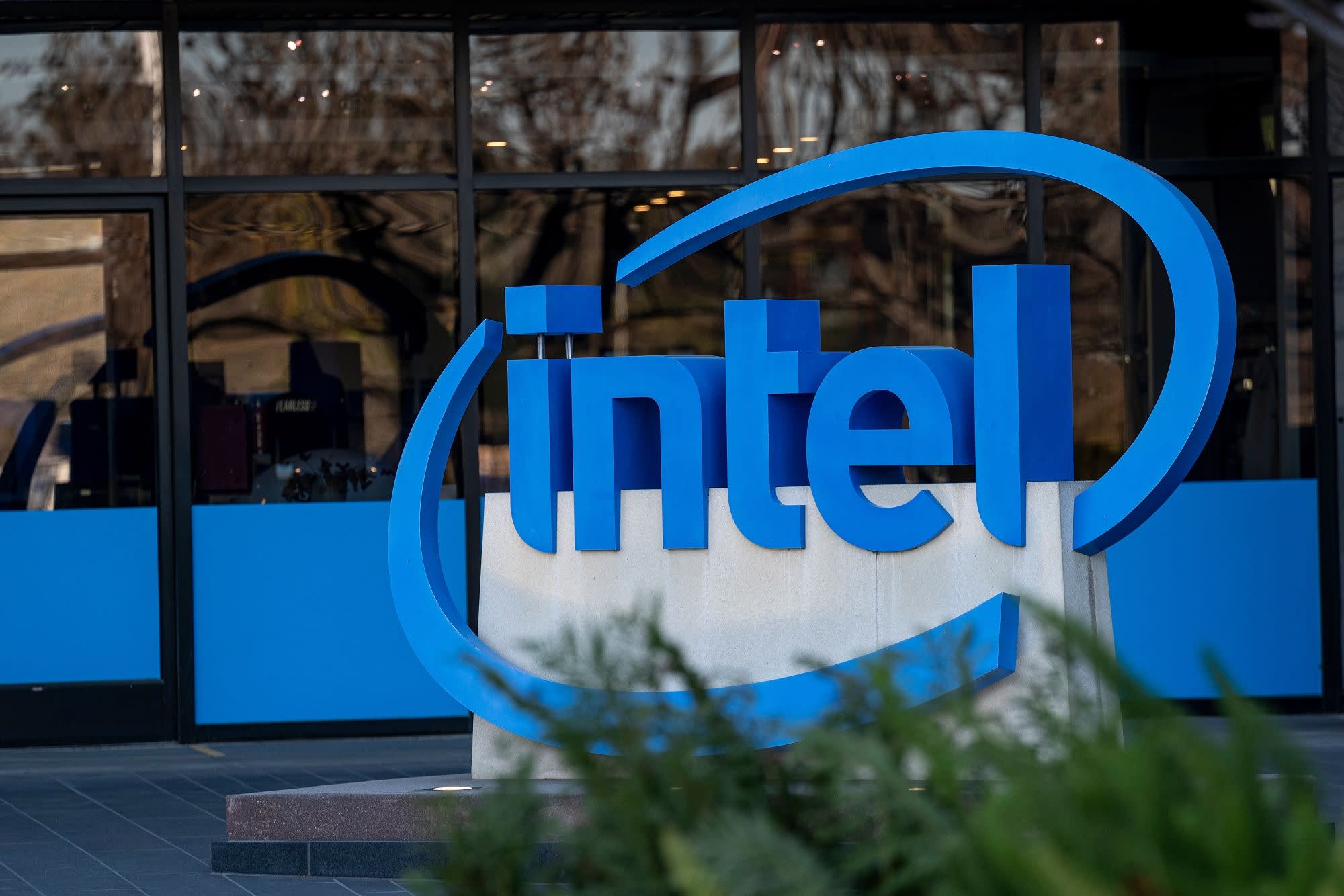Intel is getting closer to its Rocket Lake launch next year and is already pumping out engineering samples of its future Rocket Lake CPUs. As spotted by HXL, someone in China managed to snag an engineering sample of an eight-core 16-thread Core i9-11900 and put the processor through its paces in a CPU-Z test. The Rocket Lake chip scored 582 in the single-threaded test and 5262 in the multi-threaded benchmark.




The Core i7-10700K is the closest CPU in the CPUz benchmark database, scoring 568 in single-core and 5625 in multi-core benchmarks. That's around 7% faster than the Rocket Lake Core i9.
While the Rocket Lake chip's result is strange, bear in mind that the engineering sample runs at much lower frequencies than we'll probably see with final silicon. For now, the SKU runs with a 1.8 GHz base, 3.8 GHz all-core boost, and a 4.4 GHz single-core turbo. This is quite normal, though; engineering samples are not finalized products and are only used for development purposes. As such, we should expect the finalized product to have much higher core clocks.
For instance, as spotted by momomo_us, the rumored core frequencies for the Core i7-11700 are 2.5 GHz - 4.9 GHz, and the Core i5-11400 lands at 2.6 GHz - 4.4 GHz. Naturally, we expect the Core i9 models to have much higher boost frequencies.
However, while the slower frequencies explain the lackluster single-threaded performance, Rocket Lake's lower core counts are partially to blame for the reduced multi-core performance.
For Rocket Lake CPUs, Intel has downgraded core counts to 9th-Gen Coffee Lake levels – now the Core i9 models max out at eight cores and 16 threads. That means the only difference between the 10th Gen Core i7s, 11th Gen Core i7s, and Core i9s is clock speed alone (besides a few minor enhancements for the 11th gen chips).
The reduced core counts result from Intel's use of a 10nm architecture that's backported to a less-dense 14nm node. This is not ideal at all. In fact, new core architectures are traditionally not designed to be backported onto larger nodes, as the resulting chip has fewer transistors within any given area. That gives chip designers a smaller transistor budget to work with, which ultimately results in some additives, like cores and GPU EUs, being discarded.
But, as with any product, the Rocket Lake chips are developed with certain design targets in mind - in the case of Rocket Lake, Intel is obviously focused on vastly improving its IPC, and thus gaming performance. Pairing Rocket's increased IPC with Intel's stellar 14nm clocks could result in blistering gaming performance, but the jury is still out until silicon hits our test benches. Hopefully, Intel can give the Core i9 chips enough frequency to keep them relevant against rivals like AMD – competition is good for everyone.
The Link LonkDecember 20, 2020 at 11:41PM
https://ift.tt/3atV6al
Core i9-11900 Rocket Lake Flexes in CPU-Z Benchmark - Tom's Hardware
https://ift.tt/2YXg8Ic
Intel

No comments:
Post a Comment